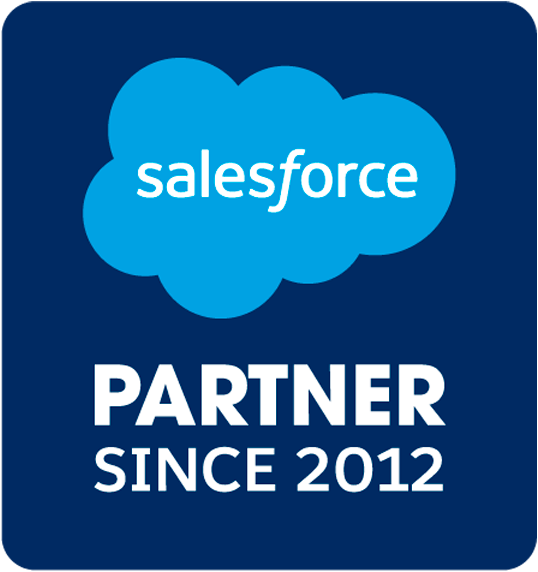As soon as your company starts using a coded solution in its Salesforce org, it’s probably time to start thinking about hiring a Salesforce developer. Once this milestone has been reached, changes in your org will require changes in its code — and that demands a certain skill set.
But how do you go about hiring a developer? Without a background in programming, it can be intimidating to know what to ask potential candidates: You’re quite literally hiring somebody for their proficiency in a language you don’t speak. To some extent, then, you’ll have to trust the interview process to somebody who can assess an interviewee’s technical skills and experience — perhaps your Salesforce administrator, or an outside consultant.
But that doesn’t mean leadership shouldn’t be involved in the interview process at all. Despite their esoteric talent, whoever you hire will be a member of your team, just like any other employee. And that means you still need to find out whether they’ll be a good fit for your company.
To help you better assess candidates for your brand new Salesforce developer role, we’ve identified the 3 most important kinds of questions you can ask (that don’t require a working knowledge of coding).
Question Type #1: Communication
It’s an unfair stereotype, but developers and programmers aren’t always assumed to be the best communicators. If you’re good at numbers, the thinking seems to go, you must not be good at words.
The reality, of course, is that anybody can be a good or bad communicator, no matter what they do for a living. And sure, most any job posting you see these days is going to ask that applicants have “excellent verbal and written communication skills.” But when it comes to hiring a Salesforce developer, communication skills really are crucial.
In order to create a successful integration, say, a developer will need to work closely with your Salesforce admin (plus any other members of her/his team) to develop a plan of attack. They’ll need to be able to explain what decisions they’ve made and why, and convey that information to people who know a lot less about the technology in question. In other words, a good Salesforce developer should be able to translate from Apex (Salesforce’s programming language) to English.
{{cta('32480d14-20c7-41b9-adc4-c91eee28563f')}}
To assess a candidate’s ability to translate, you might try asking a question like this:
"Have you ever had to explain something technical to a client or non-technical team member? What was challenging and how did you overcome that challenge?"
Their answer will be revealing in two different ways: Both what they say and how they say it. Given that you — the interviewer — are the equivalent of a “non-technical team member,” the candidate should recognize you as such and tailor their response accordingly. Take note!
Question Type #2: Logic and Programming
Okay, don’t freak out. I promised that you wouldn’t need a working knowledge of programming languages, and I stand by that. You’re not going to have to ask questions like: “Can you explain the MVC pattern?” or “How do you avoid recursion in triggers?”
When it comes to questions about logic and programming, try something along the lines of, “Can you talk about a recent project you’ve worked on?” Or maybe, “What kind of development do you like to do?”
These questions will prompt candidates to talk about their work at a higher level, giving you insights about their fit for your needs. If you’re looking for somebody to deal primarily with back-end code and a prospective developer tells you that they’re much more interested in front-end development and UI — well, that’s very valuable to know.
Once you have a sense that an interviewee would be a good fit based on their interests, then you can have your admin gauge their actual ability to execute.
Question Type #3: Object-oriented Design
Apex is an object-oriented programming language, which means it focuses on objects and data more so than actions and logic: “Object-oriented programming takes the view that what we really care about are the objects we want to manipulate rather than the logic required to manipulate them.”
That means if a candidate has a background in object-oriented design — like is used in Java — they’re much more likely to succeed as a Salesforce developer. To assess an interviewee’s familiarity with key object-oriented terminology, ask them to explain concepts like classes, objects and encapsulation.
A class is a type of thing, while an object is a specific, tangible instance of that thing — think “vehicle” vs. your 2004 Chevy Malibu. Encapsulation is the idea of grouping an object’s properties (in this metaphor, those would be make, model and year) with its functions (or methods) — drive, brake, reverse.
Obviously, there’s a lot more to it, but if a candidate makes it clear that they understand these concepts, that’s a great start.
If you’re worried about your company’s ability to hire a qualified Salesforce developer, don’t be afraid to reach out to a consulting firm. It’s entirely reasonable to bring in a team to help with the hiring process and to train your newly hired developer to bring them up to speed.



